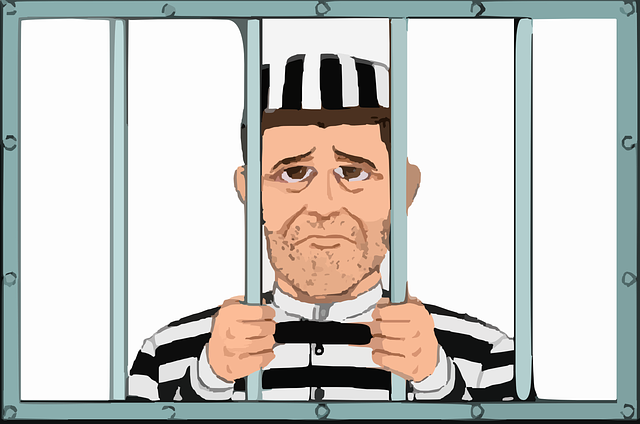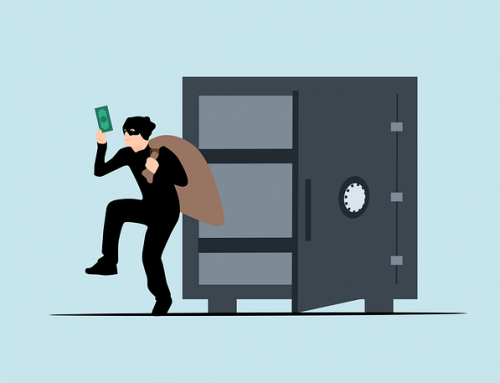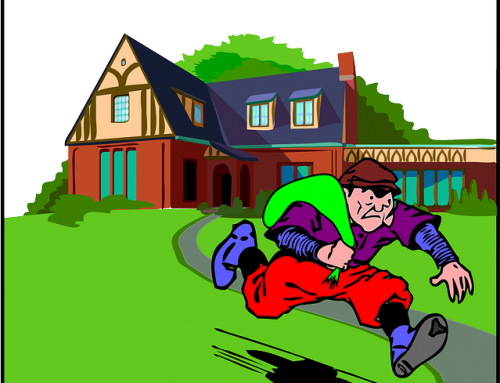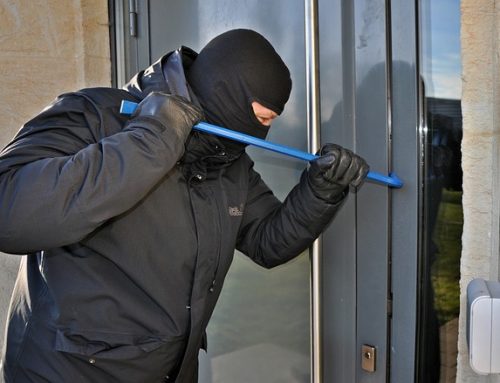When you’re arrested, you’re taken to the police station to undergo booking and processing. The final step in the process is to set bail for those who are eligible. In some cases, you may have to wait until the next day to see a judge before bail is set. The bail amount is typically based on the alleged crime, your past criminal history, and your potential flight risk. In some cases, it may be set at a higher price than you can easily afford, but that doesn’t mean you’re all out of choices.
Below are a few options you have when you cannot immediately pay your bail.
You Can Wait in Custody
If bail is withheld for some reason, or if you are unable to pay your bail amount, you can wait in jail until your upcoming trial. The amount of time you have to wait in jail will depend on the circumstances involving your case and how busy the court system is at the time.
You Can Ask for a Bail Reduction
When the cost of bail is excessive or causes a burden on the defendant, you can have your attorney petition the judge for bail reduction. The judge will use their own discretion when deciding if, when, and by how much bail should be reduced, though they will take into account any mitigating circumstances.
Ask Friends or Family for Help
If you’re unable to post bail yourself, your friends and/or family can help do it for you by utilizing the services of a bail bondsman. It can be incredibly difficult to bail oneself out of jail, especially when funds are limited. When working with a bail bondsman, you will pay only a fraction of the total cost of bail to secure your release.
However, it should be noted that bail does not come without conditions, and to be able to stay out of custody pending your court date, you need to strictly adhere to any and all conditions set by a judge upon your release.






